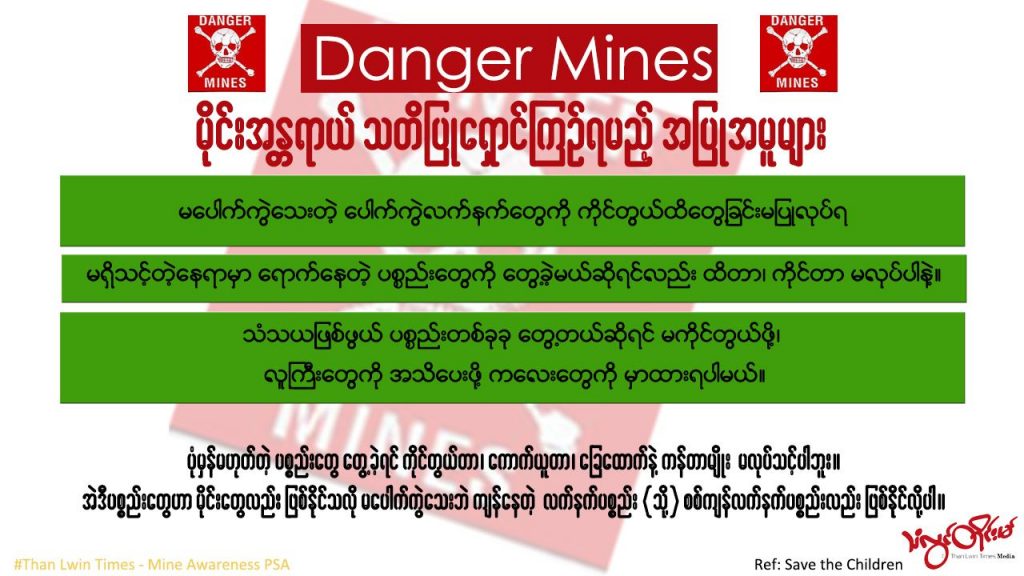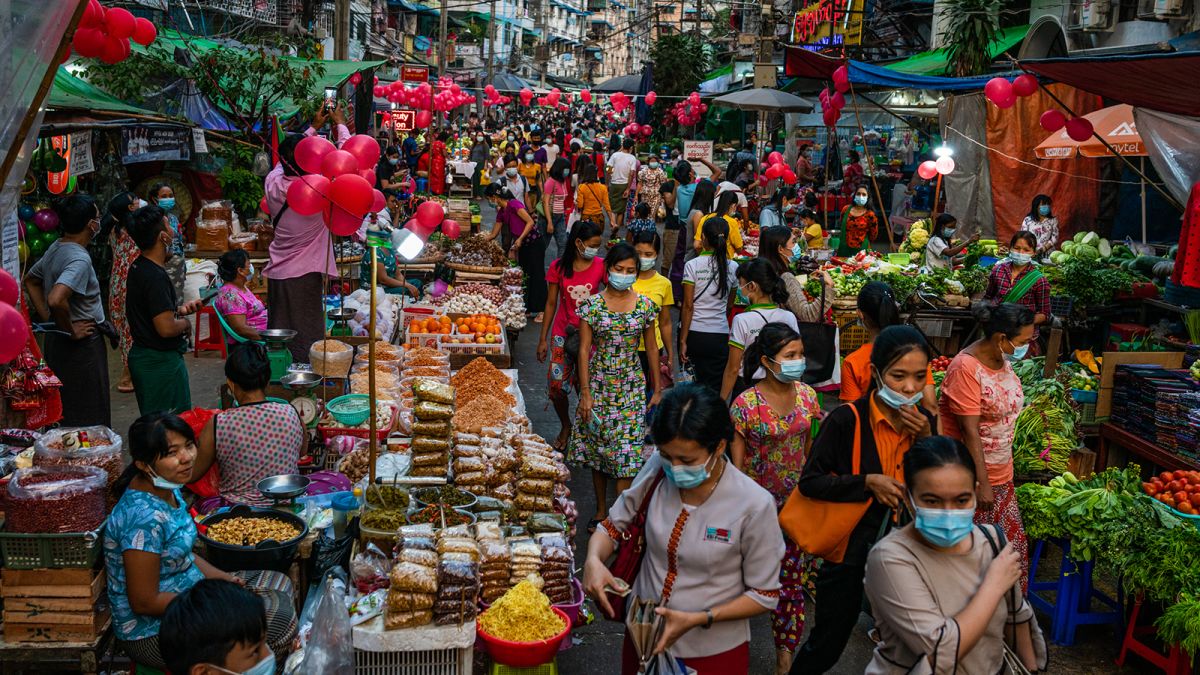Mawlamyine, July (27)
Following the military council’s announcement that new K20,000 banknotes will be issued, the prices of staple foods such as rice have skyrocketed in recent days, traders and housewives told Than Lwin Times.
The military council announced on July 23 that new 20,000-kyat banknotes will be issued to
commemorate the completion of the Vijayabhumi Nimmana Buddha image and the one-year
anniversary of the white elephant, Rattha Nandaka.
Following the announcement, the price of a bag of Paw Hsan increased to about 100,000 Kyats, and the price of Emahta, a variety of coarse rice, increased to around 70,000 Kyats.
The revelation that K20,000 banknotes will be issued has led rice prices to surge, and some rice mill owners have ceased operations, said an owner.
The prices of basic food items such as edible oil for a container of 10 viss rose from over 60,000 kyats to 73,000 kyats, and a package of dried noodles from around 14,000 kyats to 17,000 kyats.
The price of onions has also increased from around 20,000 kyats to 25,000 kyats per 10-viss bag, and the price of basic food products has surged by 2,000 kyats to more than 10,000 kyats, depending on the items.
The Central Bank has indicated publicly that it is working with law enforcement to take action against those who contribute to rising commodity prices and those who try to control foreign exchange rates in terms of the issuance of new currency notes.
“The cost of goods has increased threefold. People are struggling to make ends meet as their income stagnates,” said a trader.
The revelation of the issuance of a new 20,000 kyat currency caused havoc in the dollar and baht exchange rates and gold prices, leading to a market collapse.
The circulation of new K20,000 banknotes by the military council could lead to higher inflation
and unemployment, while the people could further suffer from skyrocketing commodity prices,
said the economic experts.
News-Than Lwin Times
Photo-CJ


